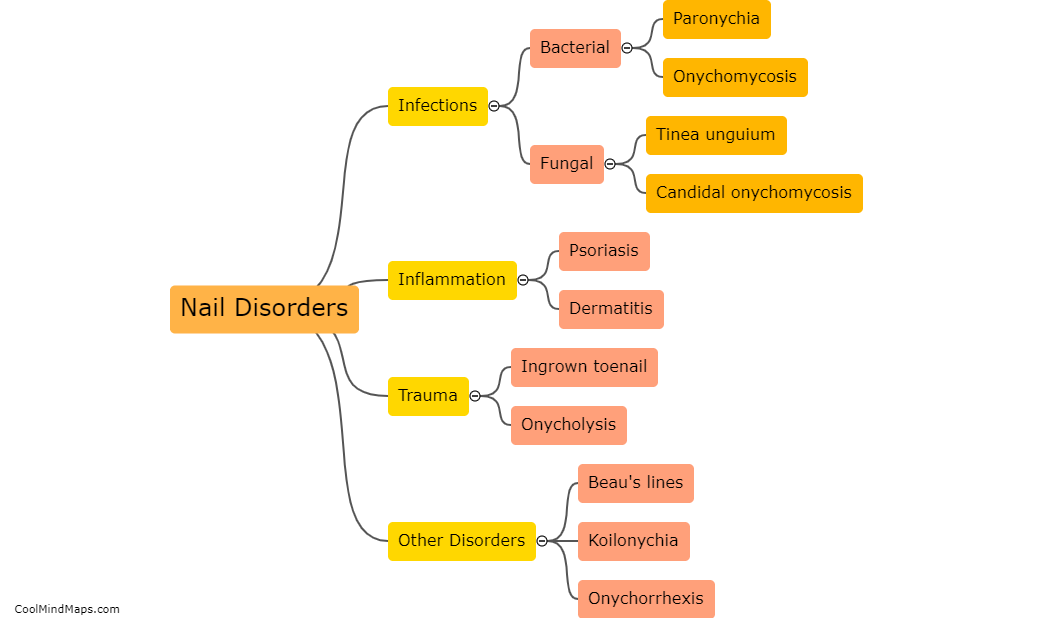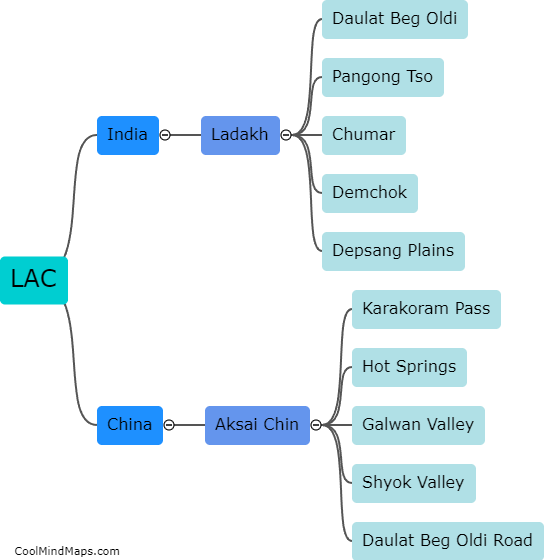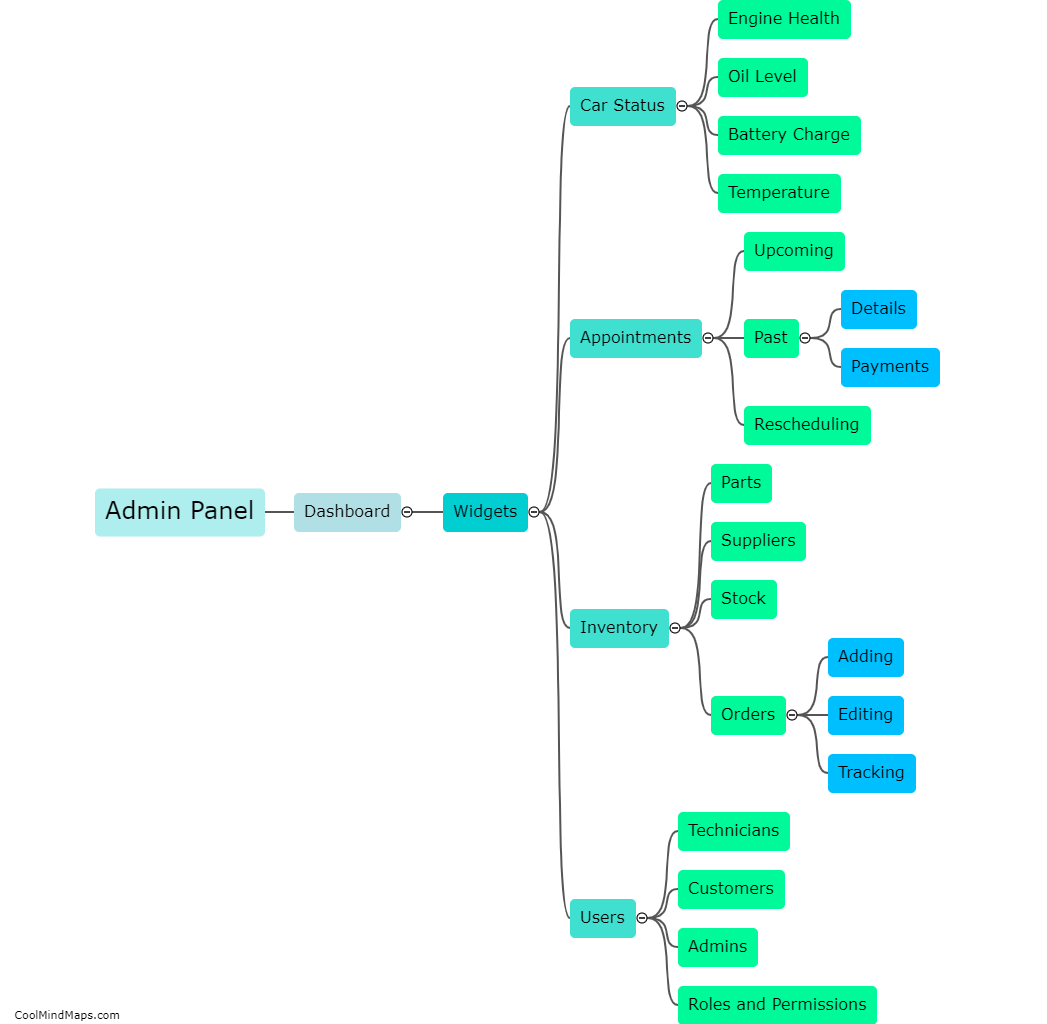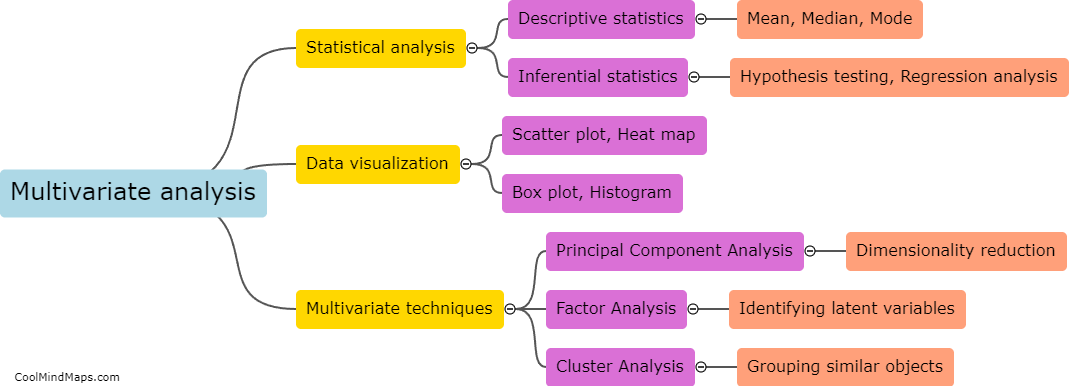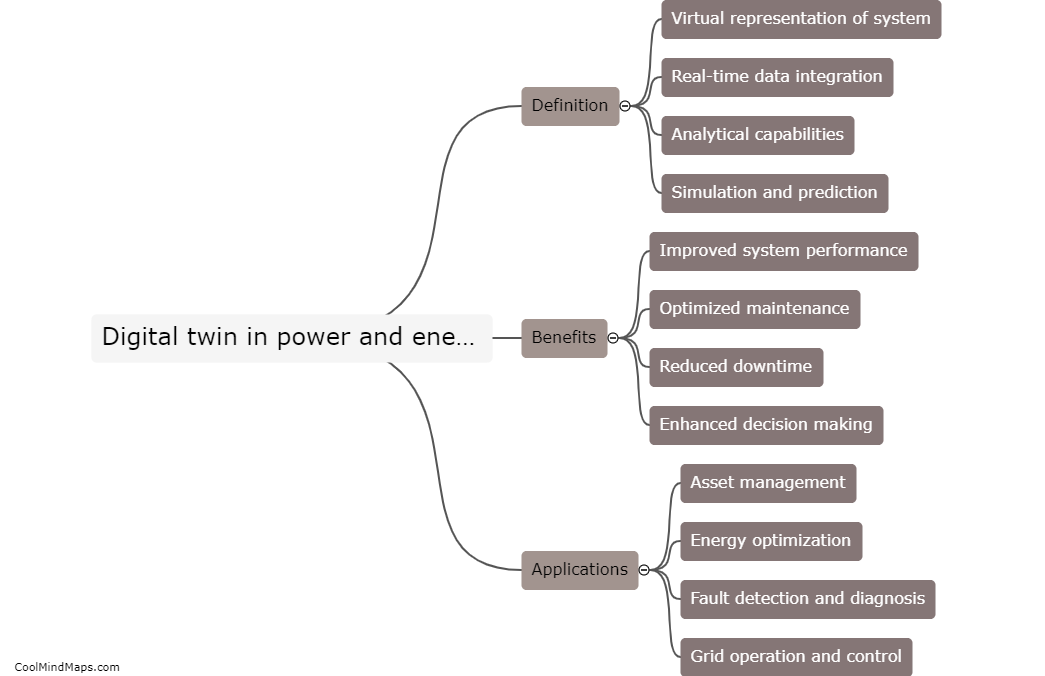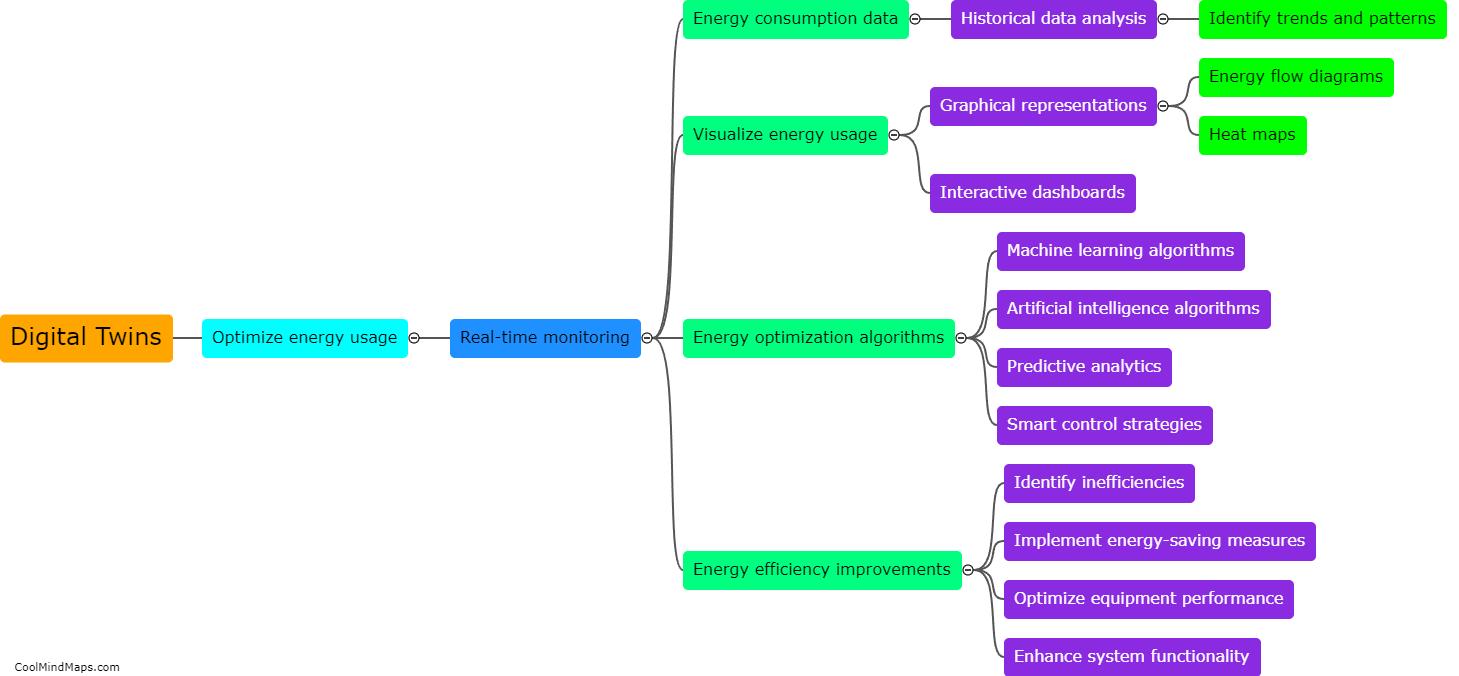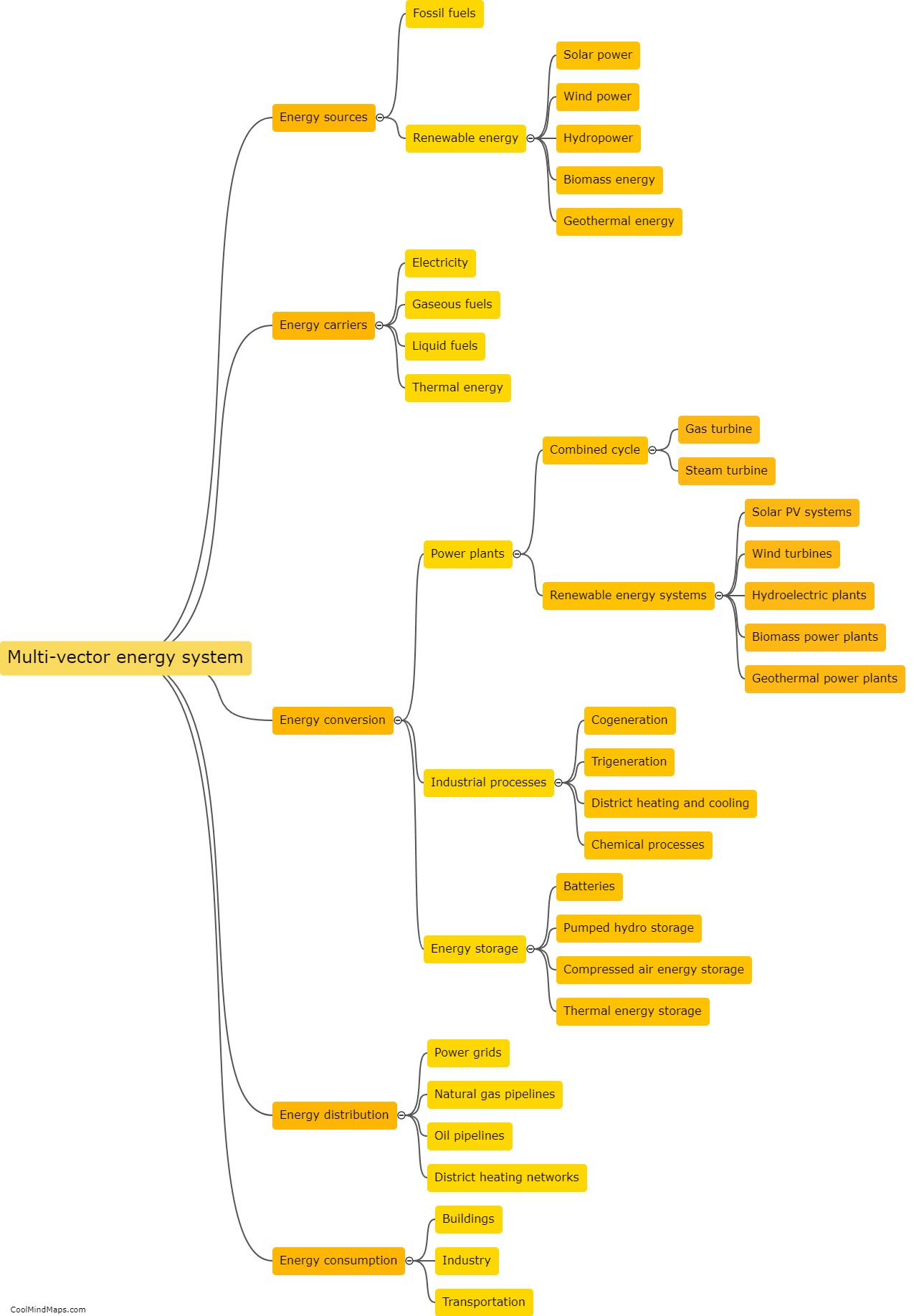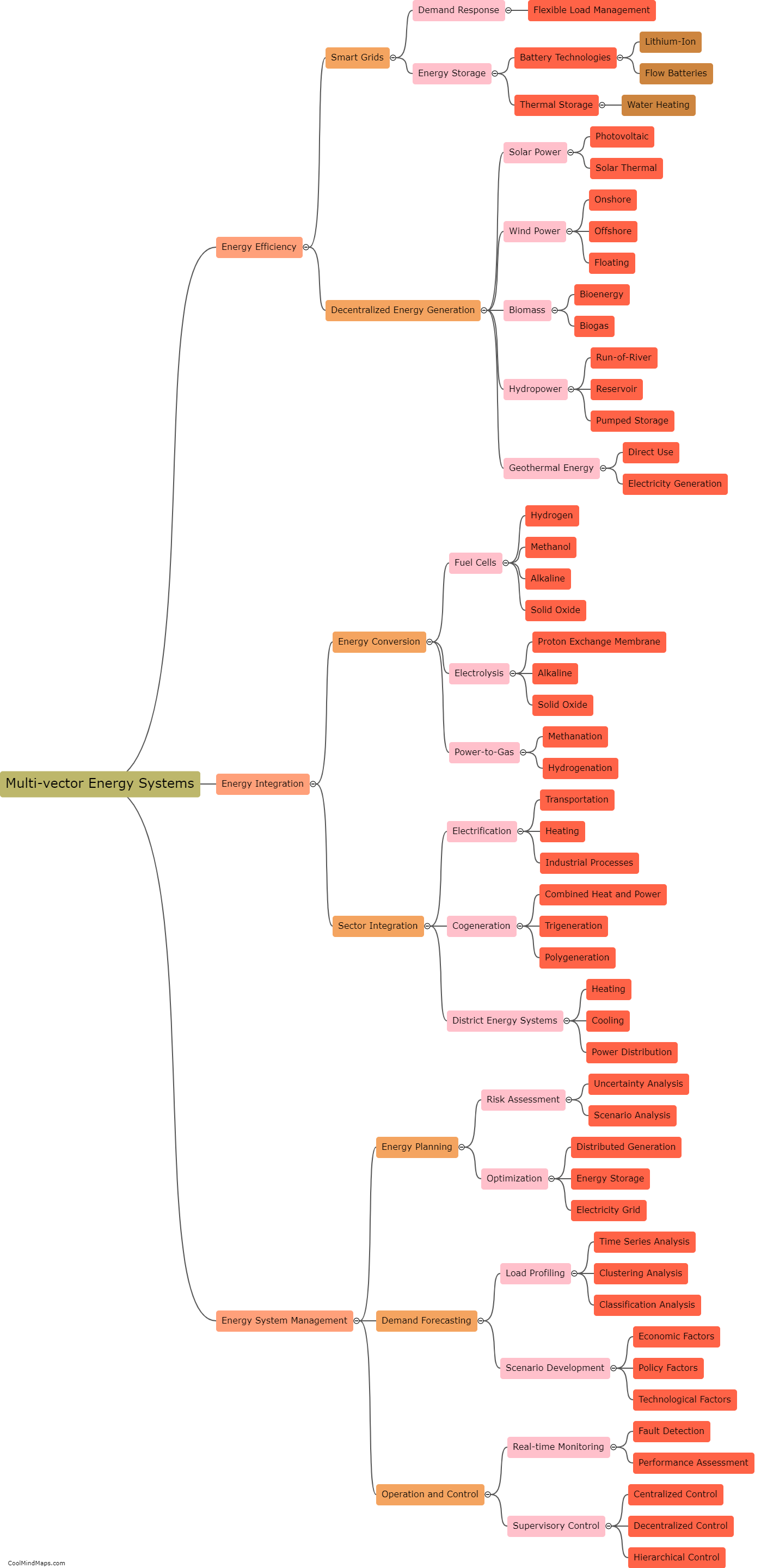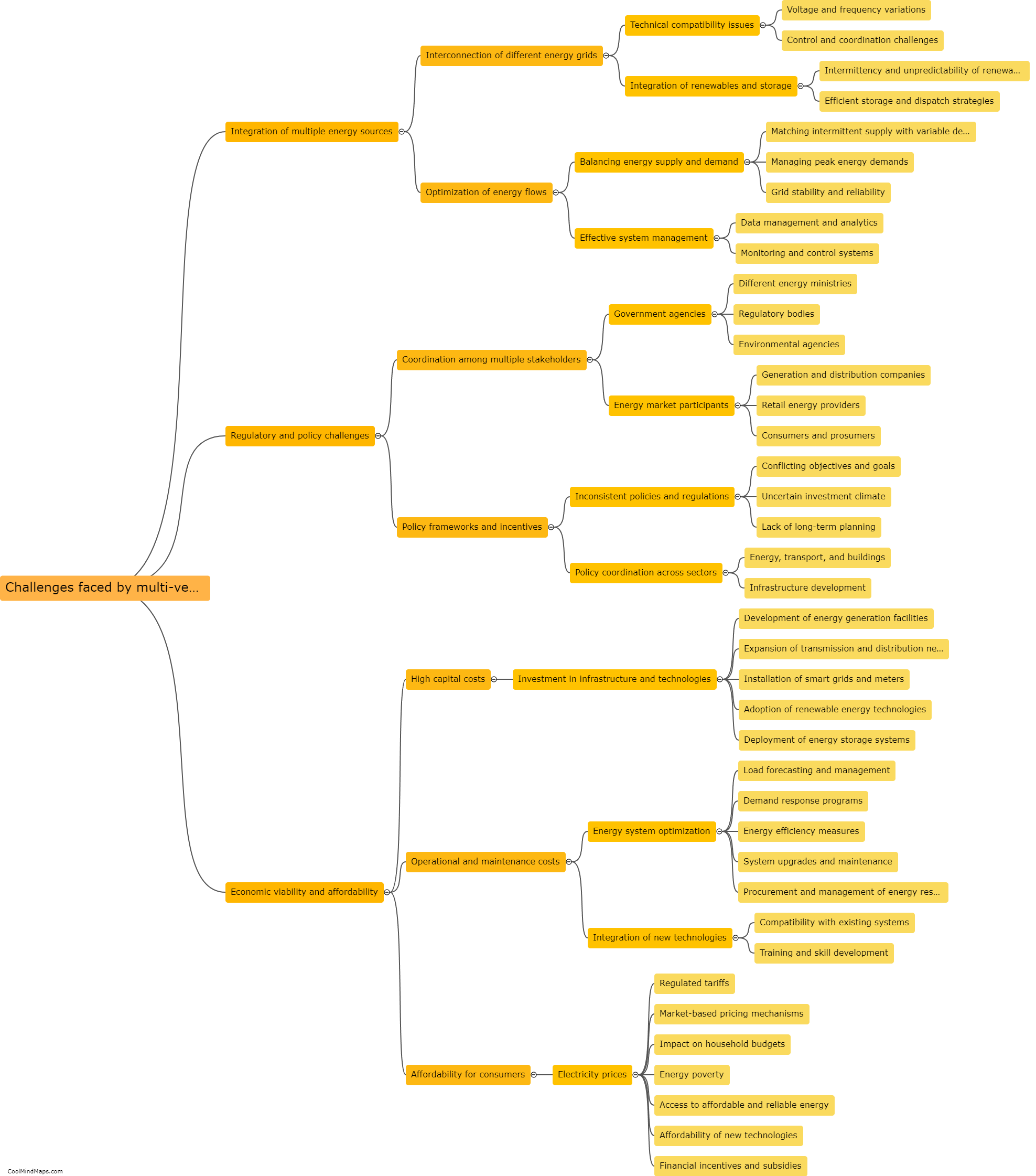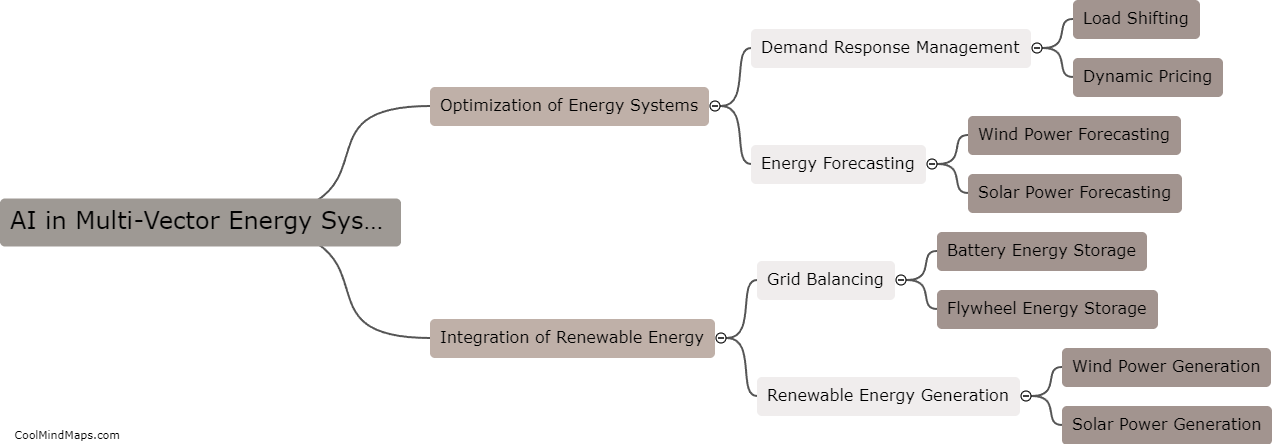What are the benefits of multi-vector energy systems?
Multi-vector energy systems, also known as integrated or hybrid energy systems, offer several benefits compared to traditional single-vector systems. Firstly, they enable the efficient integration and management of multiple energy sources, such as electricity, heat, and gas, in a holistic manner. This flexibility allows for optimal use of diverse renewable energy sources and better integration of intermittent renewables, reducing dependency on fossil fuels and enhancing energy security. Additionally, multi-vector systems can enhance the overall efficiency of energy generation, transmission, and consumption, leading to reduced energy waste and lower environmental impact. The ability to co-optimize different energy vectors also enables cost savings and promotes the development of innovative energy storage solutions. Moreover, these systems can enable the creation of local energy networks, promoting decentralized energy generation and empowering communities to become more self-reliant in meeting their energy needs. Overall, multi-vector energy systems have the potential to enhance sustainability, resiliency, and reliability in our energy networks.

This mind map was published on 26 October 2023 and has been viewed 92 times.
